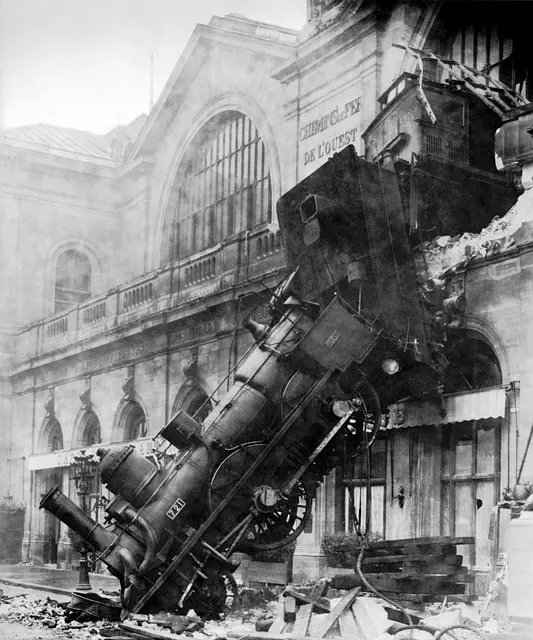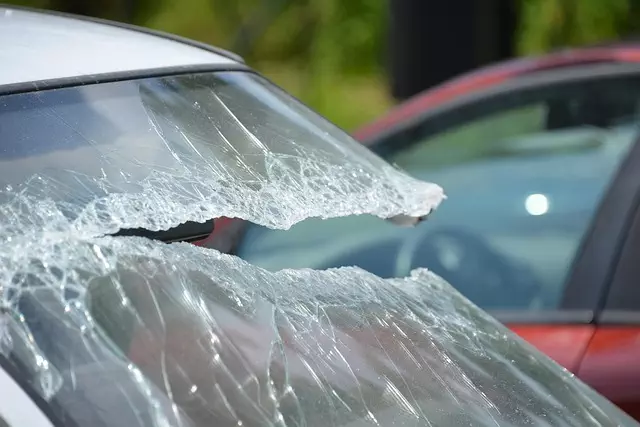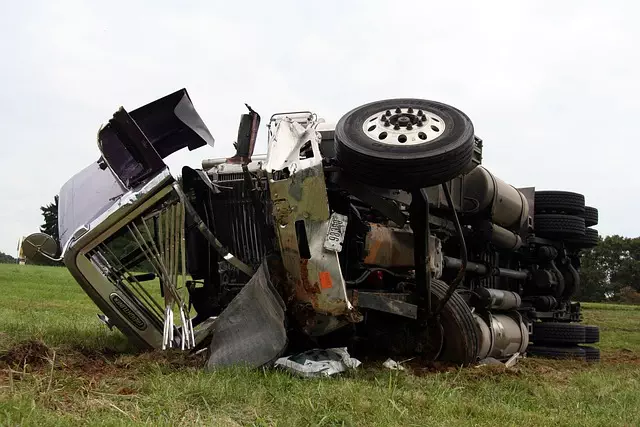In The Bronx, where DWI laws are strictly enforced with severe penalties, rideshare safety has emerged as a critical legal issue. Defendants face diverse defense strategies, from challenging sobriety tests and BAC evidence to raising privacy concerns. Rideshare Safety Litigation is essential for understanding the risks and responsibilities of these services. New York's laws protect riders' rights, and successful defenses in The Bronx hinge on strategic approaches, including verifying reports, analyzing evidence, and leveraging procedural rights, all vital for fair trials amidst complex legal landscapes.
In the vibrant yet bustling city of the Bronx, navigating DWI (Driving While Intoxicated) charges can be a complex labyrinth. Understanding local laws and penalties is crucial for anyone facing these severe accusations. This article delves into effective defense strategies, focusing on rideshare safety as a growing factor in DWI cases. We explore legal rights and protections for riders in New York, offering insights to navigate challenging DWI litigation with success, especially in the context of evolving rideshare safety regulations.
- Understanding DWI Laws and Penalties in the Bronx
- Common DWI Defense Strategies
- The Role of Rideshare Safety in DWI Cases
- Legal Rights and Protections for Riders in New York
- Navigating DWI Litigation: Tips for Success
Understanding DWI Laws and Penalties in the Bronx

In the Bronx, DWI (Driving While Impaired) laws are strictly enforced to ensure road safety. Understanding these regulations is crucial for anyone facing charges. The penalties for a DWI conviction can be severe, including heavy fines, license suspension, and even imprisonment. Knowledge of these legal aspects is particularly important in a bustling metropolis like the Bronx, where rideshare services are prevalent.
Rideshare Safety Litigation plays a significant role in this context. As more people rely on ridesharing apps for transportation, the legal implications of DWI expand to include potential liability for the rideshare companies themselves. This complex web of laws and litigation highlights the need for drivers to be vigilant and responsible, especially when using these services.
Common DWI Defense Strategies

In the face of a Driving While Intoxicated (DWI) charge, defendants often employ various defense strategies to challenge the prosecution’s case. Common approaches include questioning the reliability of field sobriety tests and breathalyzer readings, arguing that consent was not freely given, and asserting violations of constitutional rights during arrest or investigation procedures. In high-profile cases, particularly those involving Rideshare Safety Litigation, attorneys may also delve into issues related to data privacy and the potential for tampering with evidence collected by ride-sharing companies.
Another prevalent tactic is to challenge the admissibility of blood alcohol content (BAC) evidence, often through expert testimony that disputes the accuracy or interpretation of test results. Additionally, defendants might raise the defense of intoxication as a matter of self-defense, arguing that their impaired state was a result of excessive force used by law enforcement during the arrest. These strategies reflect the complex nature of DWI cases and the ongoing efforts to ensure fairness and due process in litigation involving alcohol-related driving offenses.
The Role of Rideshare Safety in DWI Cases

In recent years, rideshare safety has emerged as a critical factor in DWI (Drunk Driving While Intoxicated) cases in areas like The Bronx. As more people opt for ride-hailing services, legal strategies are evolving to address the unique challenges that arise when alcohol consumption is involved. Rideshare safety litigation plays a significant role in understanding the potential risks and responsibilities associated with these services. When an individual is charged with DWI after using a rideshare, examining the safety protocols and procedures of the company becomes essential.
This includes looking into how the rideshare provider ensures safe driver behavior, their training programs for drivers, and response mechanisms when accidents or suspicious behaviors occur. Rideshare Safety Litigation helps uncover evidence that might mitigate charges against the accused. It also brings to light any systemic issues within the rideshare industry that could contribute to DWI incidents, ultimately leading to improved safety measures and a more nuanced approach to defense strategies in The Bronx and similar urban areas.
Legal Rights and Protections for Riders in New York

In New York, riders have legal rights and protections that are crucial in the context of Rideshare Safety Litigation. One key right is the ability to remain silent; drivers and passengers alike can decline to answer questions from law enforcement or ride-sharing companies immediately after an incident involving alleged DWI (Driving While Intoxicated). Additionally, they have the right to consult with an attorney, who can help navigate the complex legal landscape and ensure their rights are protected. Understanding these protections is essential for anyone involved in a DWI-related incident, especially when facing potential charges and litigation.
Furthermore, the state’s laws mandate that ride-sharing companies like those operating in the Bronx must provide clear information about passenger rights and responsibilities. This includes being made aware of their right to refuse service if they suspect a driver is under the influence. Such measures highlight New York’s commitment to protecting riders’ safety and ensuring fair practices within the rideshare industry, which is particularly relevant when discussing Rideshare Safety Litigation.
Navigating DWI Litigation: Tips for Success

Navigating DWI litigation requires a strategic approach, especially in high-profile cases like those involving Rideshare Safety Litigation in The Bronx. Understanding the legal process is key to success. One crucial step is to gather and preserve evidence, including reviewing police reports for accuracy and discrepancies, examining breathalyzer or blood test results for potential errors, and collecting witness statements that can support your client’s version of events.
Additionally, building a strong defense involves exploring potential violations of procedural rights during the arrest and booking process, challenging the admissibility of evidence, and leveraging any weaknesses in the prosecution’s case. In The Bronx, where Rideshare Safety Litigation is prevalent, an experienced attorney can help navigate local legal nuances and ensure your client receives a fair trial, ultimately minimizing the impact of a DWI charge.
In navigating DWI defense strategies in the Bronx, understanding local laws, exploring common defenses, and recognizing the impact of rideshare safety are pivotal. Knowing your legal rights as a rider in New York is paramount. Effective litigation tips ensure success in challenging DWI accusations. By combining these elements, individuals can navigate complex legal landscapes, securing fair outcomes amidst the unique dynamics of Bronx courts and today’s digital era, where rideshare safety plays a significant role in shaping DWI cases.
